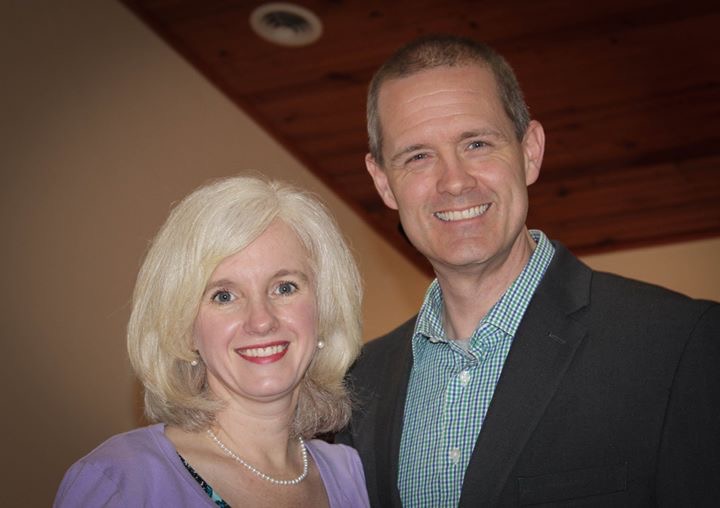I gave a bible to a lady who had just joined our small group at church a couple weeks ago. She didn’t ask any questions, she just said thank you and smiled. She has since been varying and using that Bible ever time I have seen her.
About that same time my wife wanted to give a Bible to a coworker of hers. She and I talked about it and she too purchased and gave the Bible to her coworker who was thankful and has since started reading it.
It is encouraging to see people use and enjoy any gift you give them, but it is particularly true of a Bible.
Soon there after I realized something though. We had intentionally chosen to give ESV Bibles. But I don’t use an ESV myself. So I went back through our rational and share it with you here:
NIV- No: Many conservative churches will reject it as overly liberal in translation practices.
KJV – No: It is too hard to read for those who are not accustom to the style and can accidentally encourage wrong thinking about the Bible such as ‘Jesus spoke old English,’ or the King James is more authoritative than other more accurate translations because its ‘the original.’ (Those ideas simply are not true.)
HCSB – No: I use it as a reference and it has helped me to gather a better understanding of certain passages. But there are just to many passages that have been translated in a very vague manner. (In my opinion admittedly.)
NASB – No: I actually use this one myself. It is known by many as the most literal English translations, and as I speak to and listen to Greek and Hebrew scholars, i am sure it is. But I know the sentence structure is more difficult to read than many others.
ESV – Yes: it is not as literal as the NASB but it is close. And it is easy to read, giving it an advantage as we hand it to those who are learning the Bible. It is also widely accepted by many Bible believing Protestant churches. It is used by those who are educated in the faith as well as those who are new to it.
So we are giving out ESV Bibles. My conclusion is that if I am going to be giving the ESV away, I should be preaching and teaching from it as well for the sake of unity and consistency. I would hope our teachers would adopt these same efforts.
Allow for and respect other honest translations, but let us present a unified and consistent understanding of the scriptures.
Check out this short explanation of the History of the English Bible.
